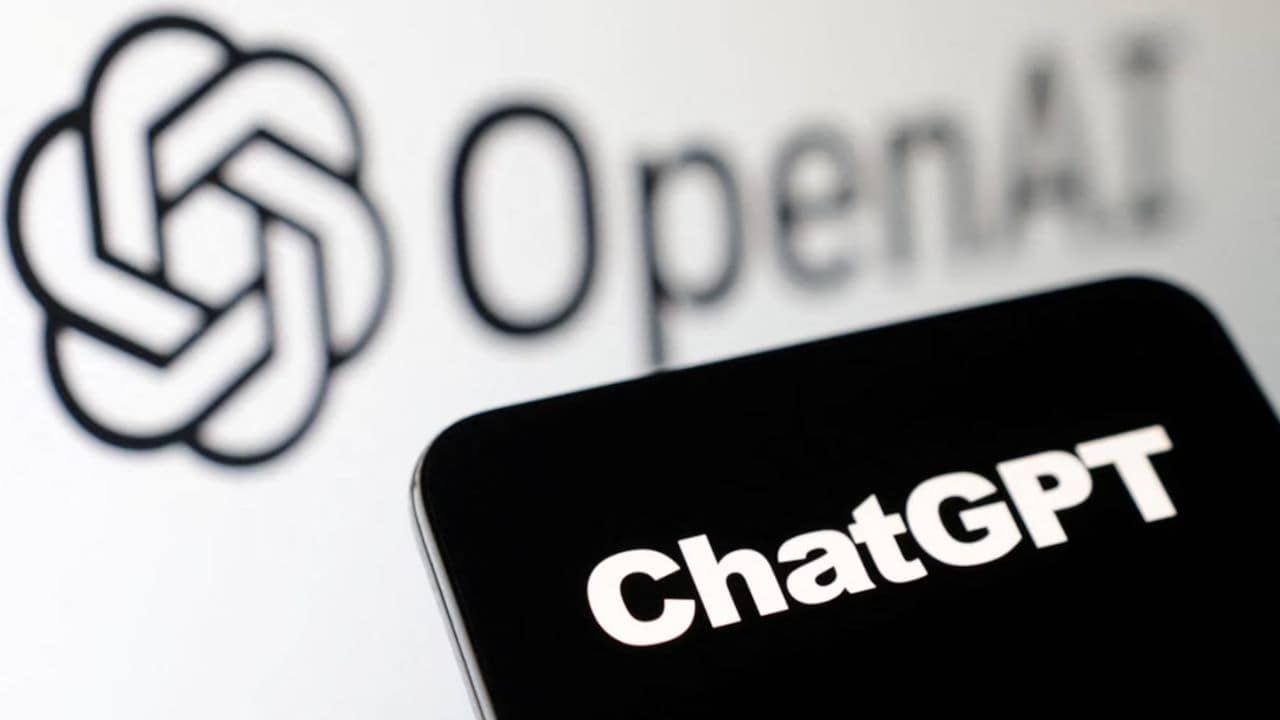OpenAI continues to expand rapidly, even as competition in the artificial intelligence space intensifies. According to a report by CNBC, the San Francisco-based company now has 400 million weekly active users as of February, up from 300 million in December—a 33% increase—according to Chief Operating Officer Brad Lightcap. These figures, previously undisclosed, highlight the growing popularity of OpenAI’s ChatGPT.
Lightcap attributed this growth to the natural adoption of AI tools as they become more useful and widely recognised. “People hear about it through word of mouth, see its benefits, and watch their friends use it,” he said. He also noted that as individuals discover relevant use cases, they tend to integrate ChatGPT into their daily lives.
This rising interest has also driven OpenAI’s enterprise business. The company now has 2 million paying enterprise customers—double the number from September. Many employees who use ChatGPT personally recommend it to their companies, helping to boost corporate adoption. “We benefit from the organic uptake among consumers, which then translates into business use,” Lightcap explained to CNBC.
Developer traffic has also surged, doubling in the past six months, while usage of OpenAI’s advanced “reasoning” model, O3, has increased fivefold. Many companies, including Uber, Morgan Stanley, Moderna, and T-Mobile, are now integrating OpenAI’s technology into their own applications.
Lightcap compared OpenAI’s AI services to cloud computing, which Amazon Web Services revolutionised two decades ago. While consumer adoption is growing at a faster rate, he believes enterprise adoption will follow as businesses go through the necessary evaluation and integration processes. “AI is becoming essential, just like cloud computing—it will be the foundation businesses operate on in the future,” he said.
OpenAI’s rise comes at a time of increasing competition, particularly from Chinese AI firm DeepSeek. In January, DeepSeek’s entry into the market unsettled tech investors, raising concerns about the future profitability of U.S. AI firms. On the day DeepSeek made headlines, Nvidia’s stock plunged 17%, wiping nearly $600 billion off its market value.
OpenAI later accused DeepSeek of improperly using its models through a process known as distillation. However, Lightcap said the new competition has not influenced OpenAI’s approach to open-source development, product plans, or spending strategies.
“DeepSeek’s emergence is proof that AI has truly entered mainstream awareness—something that would have been unthinkable just two years ago,” he said. “It’s a sign of how powerful these models are and how much they matter to people.”
Beyond competition, OpenAI is also dealing with legal and financial challenges. Billionaire Elon Musk, one of OpenAI’s co-founders, has sued the company for allegedly breaching its founding principles as it transitions into a for-profit model. Meanwhile, Microsoft has invested billions in OpenAI, and SoftBank is reportedly close to finalising a $40 billion investment, which could value OpenAI at nearly $300 billion.
Musk and a group of investors recently made a $97.4 billion bid to acquire OpenAI’s nonprofit assets. However, OpenAI’s board dismissed the offer, with Chairman Bret Taylor stating, “The company is not for sale.”
Lightcap was dismissive of Musk’s actions, saying, “The numbers speak for themselves. (Musk) is a competitor, and this is an unusual way of competing.”
Read More: OpenAI unveils a subtle yet comprehensive rebrand
